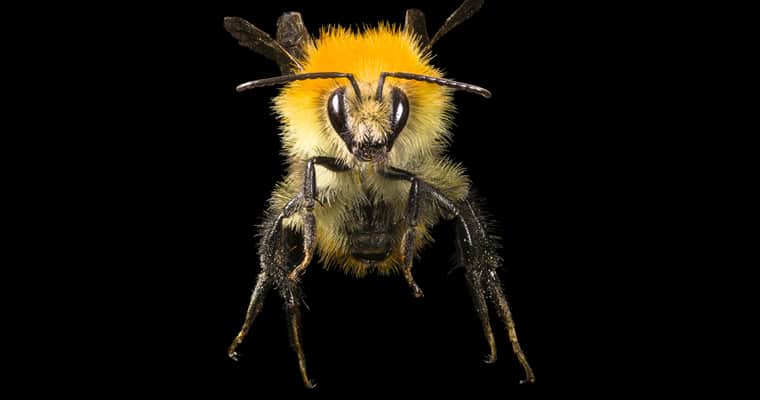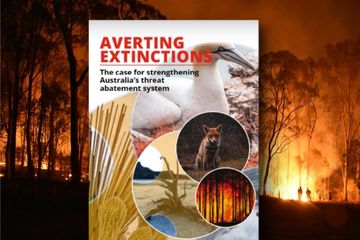Introduction
1.1 Background
Strong biosecurity – the “controls and measures to manage and minimise the risks of pests, weeds and diseases entering, emerging or establishing and spreading within Australia” is central to the protection of Australia’s animals, plants, environments and people.
A sustainable funding approach, in turn, is critical to delivering a strong biosecurity system, and therefore, protecting Australia’s economy, environment and communities. Funding arrangements have the capacity to influence the incentives of parties with interests in biosecurity outcomes, and therefore the efficiency and effectiveness of the arrangements.
However, in 2017, an independent review of biosecurity found that “additional funding is required” for the national biosecurity system, including for environmental biosecurity. More recently, in 2021, the Inspector General of Biosecurity concluded that “the biosecurity system is not in a strong position to address the diverse and evolving biosecurity risks and business environment – for several reasons including the absence of an appropriate funding model”.
1.2 Purpose and scope
Against this background, the Australian Department of Agriculture, Fisheries and Forestry (DAFF) is currently reviewing options for improving the sustainability of funding arrangements for Australia’s biosecurity system.
To support the Invasive Species Council’s involvement in this review, Frontier Economics is undertaking a high-level assessment of different funding mechanisms for biosecurity.
A number of potential funding mechanisms were outlined in DAFF’s Sustainable funding and investment to strengthen biosecurity: discussion paper. The Invasive Species Council has also asked Frontier Economics to identify and assess any other additional mechanisms that may be relevant for Commonwealth biosecurity functions.









